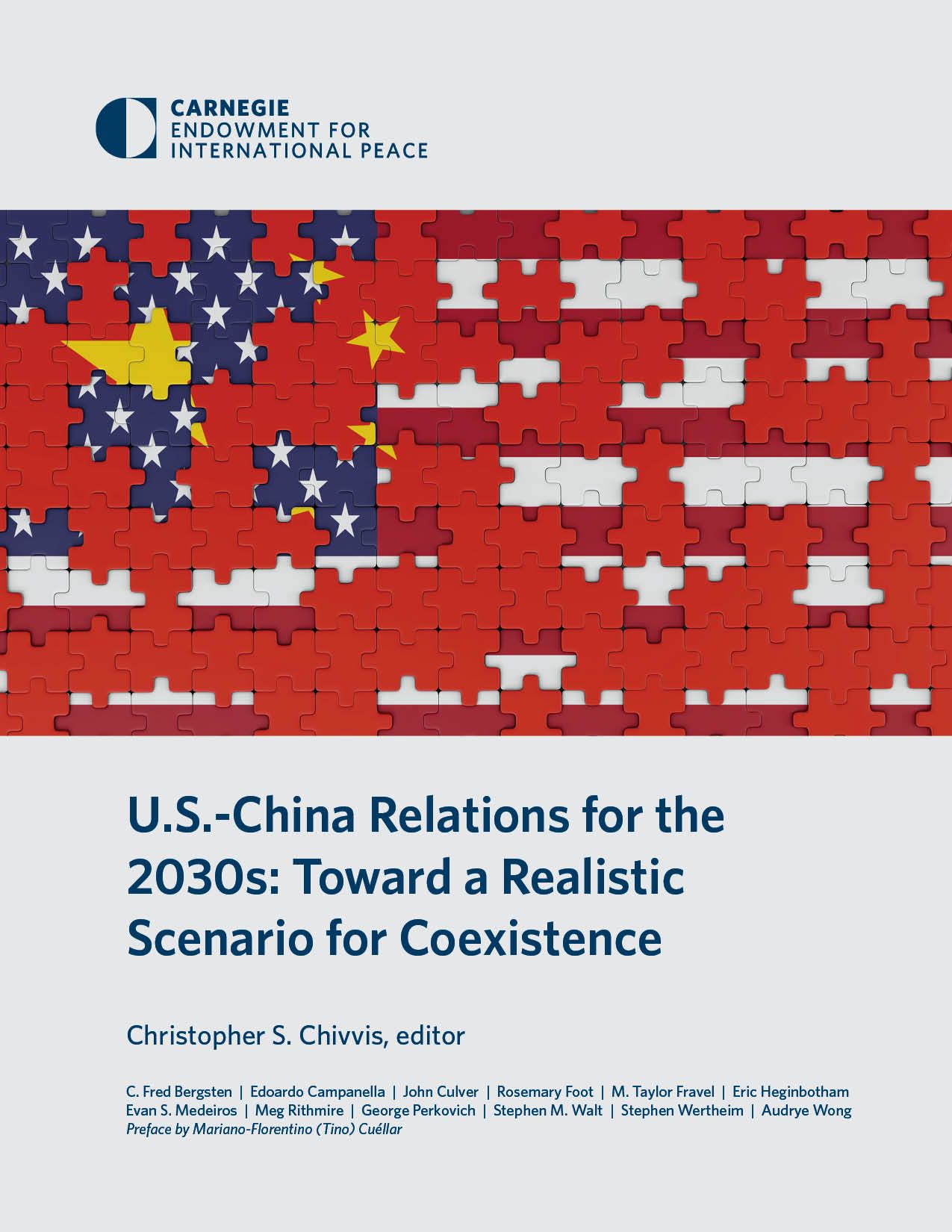Report on the U.S. Administration’s Legal Challenge Against Maryland Federal Courts and Implications for Sustainable Development Goals (SDGs)
Introduction
The administration of United States President Donald Trump has initiated a significant legal action against the Maryland district court system and its federal judges. The lawsuit accuses the courts of exceeding their authority to obstruct deportations, raising critical questions about governance, justice, and human rights in alignment with the Sustainable Development Goals (SDGs), particularly SDG 16 (Peace, Justice and Strong Institutions) and SDG 10 (Reduced Inequalities).
Details of the Lawsuit
- Filing and Accusations: The complaint, filed late Tuesday, spans 22 pages and charges Maryland’s federal courts with “unlawful, anti-democratic” behavior for imposing restrictions on the Trump administration’s deportation policies.
- Defendants: Fifteen district judges and a court clerk are named as defendants.
- Core Argument: The administration asserts that the President has a democratic mandate to implement mass deportations, and that judicial actions are obstructing this mandate.
- Specific Court Orders Challenged: The lawsuit targets a standing order by Chief Judge George Russell III, which delays deportations for two business days following a habeas corpus petition to ensure immigrants’ rights to due process.
Judicial Protection of Due Process and Its Conflict with Executive Actions
- The court orders aim to uphold immigrants’ rights to a fair hearing and judicial review, consistent with SDG 16’s emphasis on justice and strong institutions.
- The Trump administration argues these orders undermine executive authority and delay deportations, which they claim require swift action due to diplomatic complexities.
- The lawsuit highlights the tension between judicial oversight and executive power, raising concerns about the balance of powers in democratic governance.
Legal Challenges and Judicial Trends
- Since the beginning of Trump’s second term, his immigration policies have faced numerous legal challenges, with district courts issuing more nationwide injunctions in 100 days than in the entire 20th century.
- The Supreme Court has upheld immigrants’ rights to judicial review in cases such as JGG v Trump, reinforcing SDG 16’s goals of access to justice.
- However, some recent rulings have limited protections, such as lifting bans on deportations without prior notice.
Implications for Sustainable Development Goals
- SDG 16 (Peace, Justice and Strong Institutions): The lawsuit underscores challenges in maintaining the rule of law, judicial independence, and access to justice for vulnerable populations, including immigrants.
- SDG 10 (Reduced Inequalities): The case highlights the plight of immigrants facing deportation and the need for equitable treatment and protection under the law.
- SDG 17 (Partnerships for the Goals): The diplomatic efforts required for removals emphasize international cooperation and partnerships to manage migration humanely and effectively.
Case Study: Kilmar Abrego Garcia
A prominent example illustrating these issues is the case of Kilmar Abrego Garcia, a Salvadoran immigrant deported despite a protection order. His case involves:
- Legal challenges led by District Judge Paula Xinis, who ordered his return to the U.S. after wrongful deportation.
- Supreme Court affirmation of the right to return, though with some limitations.
- Ongoing criminal proceedings in the U.S., with Abrego Garcia denying charges.
- This case exemplifies the complexities of immigration law, human rights, and judicial-executive relations, directly relating to SDG 16 and SDG 10.
Conclusion
The Trump administration’s lawsuit against Maryland’s federal courts represents a critical juncture in the balance of powers within the U.S. government and the protection of immigrant rights. The conflict highlights the importance of upholding the Sustainable Development Goals, particularly those focused on justice, equality, and strong institutions, to ensure that immigration policies are implemented fairly and humanely while respecting democratic principles and the rule of law.
1. Sustainable Development Goals (SDGs) Addressed or Connected to the Issues Highlighted in the Article
- SDG 16: Peace, Justice and Strong Institutions
- The article discusses judicial processes, the rule of law, due process rights for immigrants, and the balance of power between the executive and judicial branches.
- Issues of judicial overreach, legal challenges to immigration policies, and protection of legal rights are central themes.
- SDG 10: Reduced Inequalities
- The article addresses immigration policies and deportation, which relate to reducing inequalities faced by migrants and ensuring fair treatment under the law.
- Protection of vulnerable populations such as immigrants fleeing violence is implied.
- SDG 3: Good Health and Well-being
- Indirectly relevant through the protection of migrants fleeing violence and unsafe conditions, which impacts their health and well-being.
2. Specific Targets Under Those SDGs Identified Based on the Article’s Content
- SDG 16: Peace, Justice and Strong Institutions
- Target 16.3: Promote the rule of law at the national and international levels and ensure equal access to justice for all.
- Target 16.6: Develop effective, accountable and transparent institutions at all levels.
- Target 16.10: Ensure public access to information and protect fundamental freedoms, in accordance with national legislation and international agreements.
- SDG 10: Reduced Inequalities
- Target 10.7: Facilitate orderly, safe, regular and responsible migration and mobility of people, including through implementation of planned and well-managed migration policies.
- SDG 3: Good Health and Well-being
- Target 3.4: Reduce by one third premature mortality from non-communicable diseases through prevention and treatment and promote mental health and well-being (relevant in context of migrants fleeing violence and trauma).
3. Indicators Mentioned or Implied in the Article to Measure Progress Towards the Identified Targets
- For SDG 16 Targets:
- Indicator 16.3.1: Proportion of victims of violence in the previous 12 months who reported their victimization to competent authorities or other officially recognized conflict resolution mechanisms.
- Indicator 16.3.3: Proportion of the population who have experienced a dispute and accessed a formal or informal dispute resolution mechanism.
- Indicator 16.10.2: Number of countries that adopt and implement constitutional, statutory and/or policy guarantees for public access to information.
- The article implies measurement of judicial injunctions, court rulings protecting due process rights, and legal access for immigrants as indicators of justice and strong institutions.
- For SDG 10 Targets:
- Indicator 10.7.2: Number of countries that have implemented well-managed migration policies.
- The article’s focus on deportation policies, legal challenges, and protection orders implies tracking the number of migrants protected from unlawful deportation and the legal safeguards in place.
- For SDG 3 Targets:
- Indicator 3.4.2: Suicide mortality rate (as a proxy for mental health and well-being, relevant for migrants fleeing violence).
- The article’s mention of migrants fleeing gang violence and seeking protection implies the need to measure health and well-being outcomes for migrants.
4. Table of SDGs, Targets and Indicators
| SDGs | Targets | Indicators |
|---|---|---|
| SDG 16: Peace, Justice and Strong Institutions |
|
|
| SDG 10: Reduced Inequalities |
|
|
| SDG 3: Good Health and Well-being |
|
|
Source: aljazeera.com







